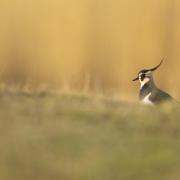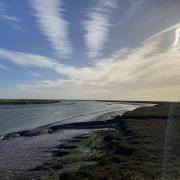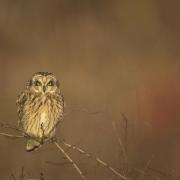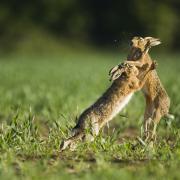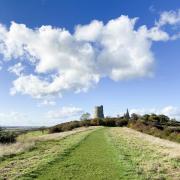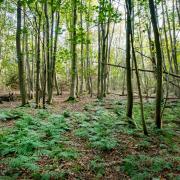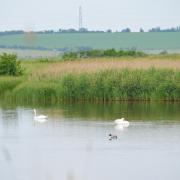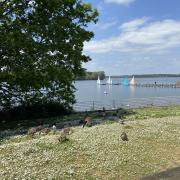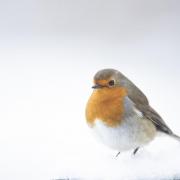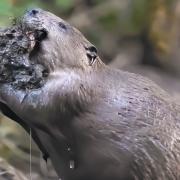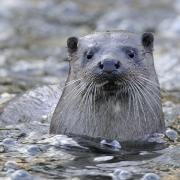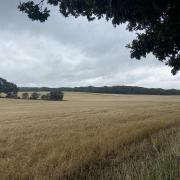Wildlife: Water vole numbers have diminished because of New Zealand pygmyweed, but a new solution might be the answer at Blue House Farm
A bold project to remove non-native invasive New Zealand pygmyweed (Crassula helmsii) from the Blue House Farm nature reserve, on the north bank of the Crouch Estuary, has progressed well.
Crassula chokes waterways and has invaded the channels in the flooded fields area of the reserve. While wildfowl and waders have remained numerous, the crassula has had a detrimental effect on water vole numbers and would have serious consequences for other native flora and fauna, should it spread elsewhere on the reserve.
Crassula is difficult to control or eradicate, but studies have shown that it cannot survive inundation by sea water. The flooded fields are not adjacent to the seawall, so it wasn’t possible to simply open a sluice gate. However, an enterprising plan was hatched to use pumps and newly-dug ditches to bring the sea to the fields.
Nevertheless, Blue House Farm is a Site of Special Scientific Interest, so would permission for the work be granted? After various assessments, Maldon District Council granted planning permission and Natural England and the Environment Agency (EA) also agreed that the project should go ahead. The EA granted a licence to abstract sea water from the river and the Crouch Harbour Authority gave permission to site a pump on the seawall, with a pipe into the estuary.
Digging began, with an archaeologist present in case anything of historical interest was found. Next, heavy-duty, eight-inch pipes were laid to link various ditches. Pumping an estimated 20,000 cubic metres of sea water took about three weeks during November 2015.
The salt water will remain on the field until drained early this autumn, when a survey will take place to ensure that no crassula remains. The fields will then refill with freshwater from winter rains.
The area has remained excellent for birds throughout. Many feed on invertebrates, such as fly larvae and snails etc, in the mud, so whether the area is salt water, fresh or brackish, there will always be food.




